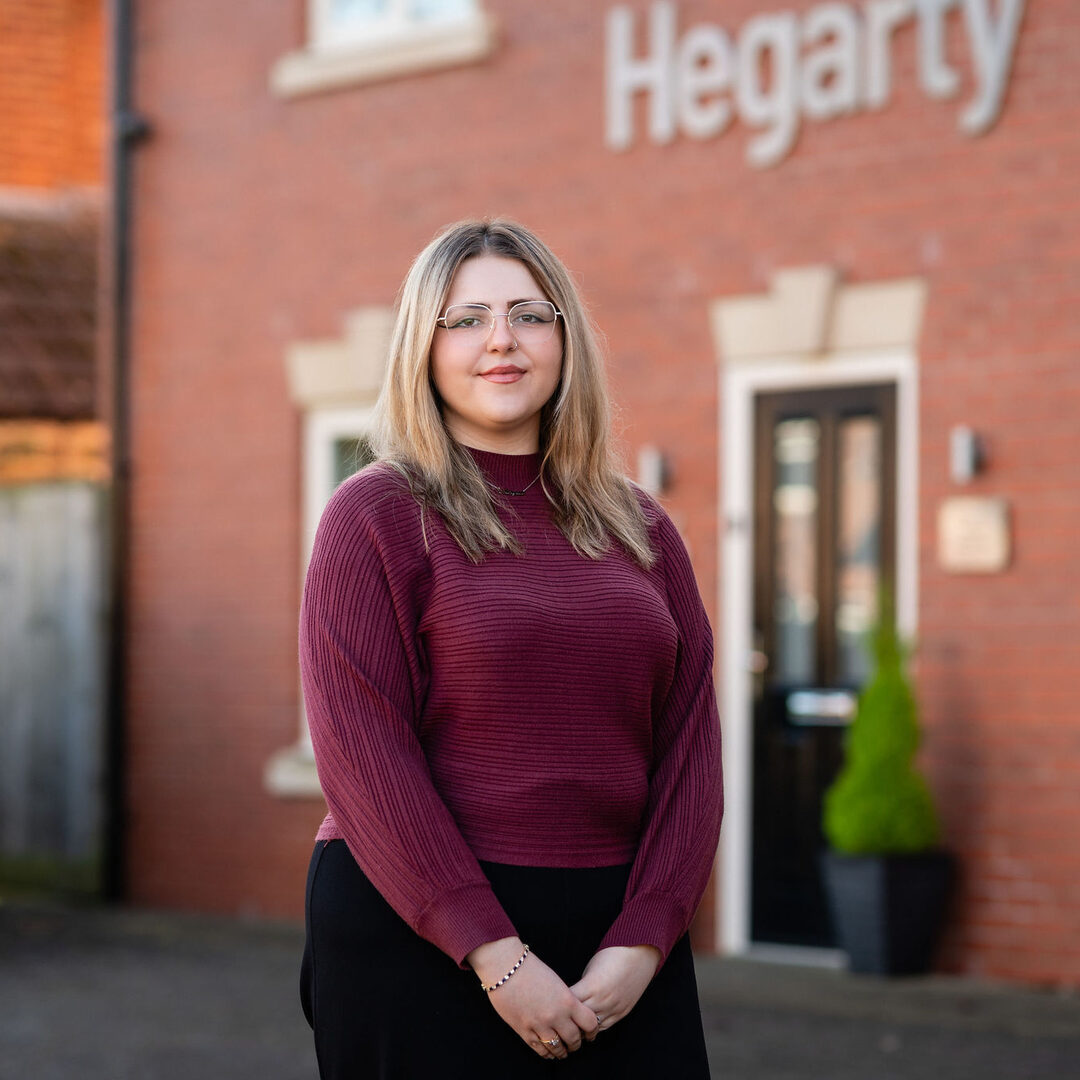We would charge for our time based upon a fee which ranges, in most cases, between 1% and 2% of the gross value of the Estate depending upon a number of different factors and subject to a minimum charge of £4,000 + VAT. In the vast majority of cases we are able to provide an accurate assessment as to the likely costs which will be incurred. Estates vary considerably as does the work required to administer them. In some cases the amount of the work involved can be disproportionate to the value of the estate, in which case our charges may be more than 2% of the gross value of the estate. In exceptionally high value estates our charges may be less than 1% of the value of the estate. We will discuss your individual circumstances at the outset in order to provide a realistic cost indication.
NB: The gross value of the estate is the value of all of the assets which pass under a will or subject to the Laws of Intestacy.
In addition to our costs, a Probate Registry fee will be payable as detailed above. The following items will not be within our fixed fee estimate:
For an indication of cost, contact us to speak to one of our solicitors about your specific circumstances.





















